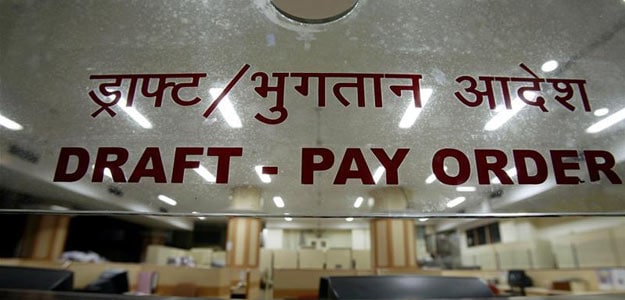
BL ;17 Oct 2013
Tight timelines in the auction process necessitate deep pockets.
Do you yearn to buy a house in the city but find realty rates prohibitive? You could try bidding for properties being auctioned by banks. The laws allow banks to recover dues from defaulting borrowers by auctioning the properties they pledged.
Banks may fix the reserve price (minimum price at which the property will be sold) for such properties 20-25 per cent lower than the going market rate. This could translate into a bargain buy for bidders. Also, since they are auctioned by banks, the title to these properties would likely be clear.
DEEP POCKETS NEEDED
The auction process, however, has tight timelines within which the buyer needs to arrange the money to close the deal. So, this requires that you have deep pockets. Banks issue a public notice in newspapers about the proposed auction and invite bids.
The notice includes the details of the property, date, time and venue of the auction, reserve price, and earnest money deposit.
It also mentions the date on which interested parties can inspect the property before submitting their bids. Bidders must submit their applications to the bank quoting their bid amount which should not be less than the reserve price. Along with this, they must pay earnest money deposit which may be around 10 per cent of the reserve price.
The auction usually takes place after 30 days from the date of the public notice. In this period, the borrower may still pay the money due to the bank.
If the borrower settles the dues, the auction will not happen and your earnest money deposit will be returned. If the auction takes place and you do not win the bid, your earnest money deposit is returned. If you win the bid, you will have to pay around 25 per cent of the bid price (less the earnest money deposit) on the day of the auction. You need to pay the balance amount within the next 15 days or an extended period agreed between you and the bank.
If you win the bid but do not pay the required amount within the specified periods, you will lose the money paid earlier. So, walk this path only if you have got the funds ready to go the whole way. Banks may offer loans to acquire such properties. But given the tight timelines, you will have to make arrangements for a loan before the auction date.
ONLINE OR OFFLINE?
Buying property through the auction route involves effort. You will need to scan newspapers for announcements by banks regarding such auctions, do the necessary due diligence, and organise the funds quickly. Else, you can contact real estate agents who may have this information. Also, Web sites such as www.foreclosureindia.com provide online listings of properties which banks advertise to auction.
In a normal (offline) property auction, bidders gather at the auction venue where their bids are considered. Banks may also allow competitive bidding among the bidders for improving their offers.
In online property auctions, the process is largely similar, but bidders place and revise their bids on a Web site. The online auction method has not yet been much successful in India. Observers attribute this to fears of online fraud, risk of manipulation by cartels, and lack of awareness among bidders.
WHAT TO WATCH OUT FOR
Despite the benefits, acquiring property through the auction route may not be everyone’s cup of tea. If the auction attracts aggressive bids, the price could go up and dilute the cost advantage. So, it is important that you make an assessment of the market value and bid prudently to get a good deal. Also, to be on the safer side, it is better to check the property documents before deciding to bid, or engage a lawyer to verify the title.
This apart, keep in mind that banks auction property on an ‘as-is-where is’, ‘as-is what-is’ basis.
This means that expenses on any repairs, renovation, unpaid property taxes, electricity dues and statutory liabilities will have to be borne by the buyer. The buyer also has to bear other expenses such as stamp duty and registration fees. So, do a proper inspection to assess the true cost of owning the property.
Besides, some people consider auctioned property unlucky, and have misgivings about buying something the owner does not willingly sell. This could be a reason why such properties may be priced at a discount to market rates.






